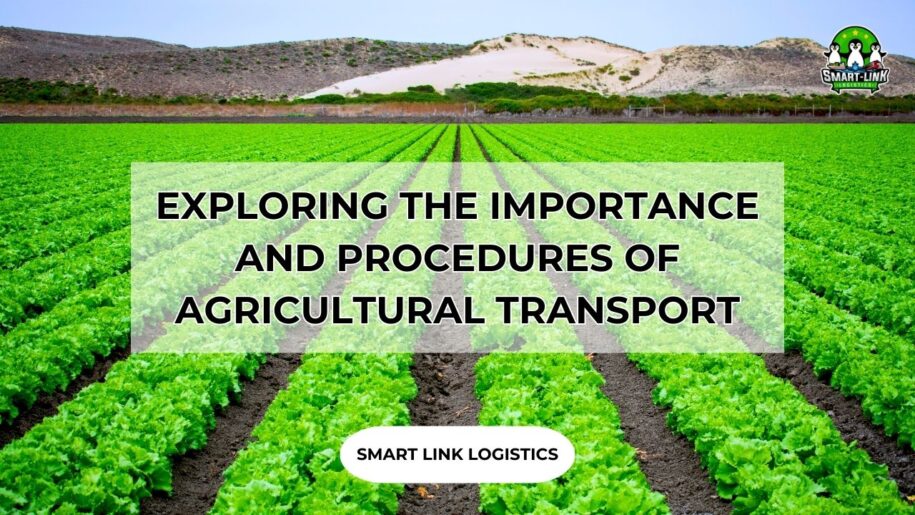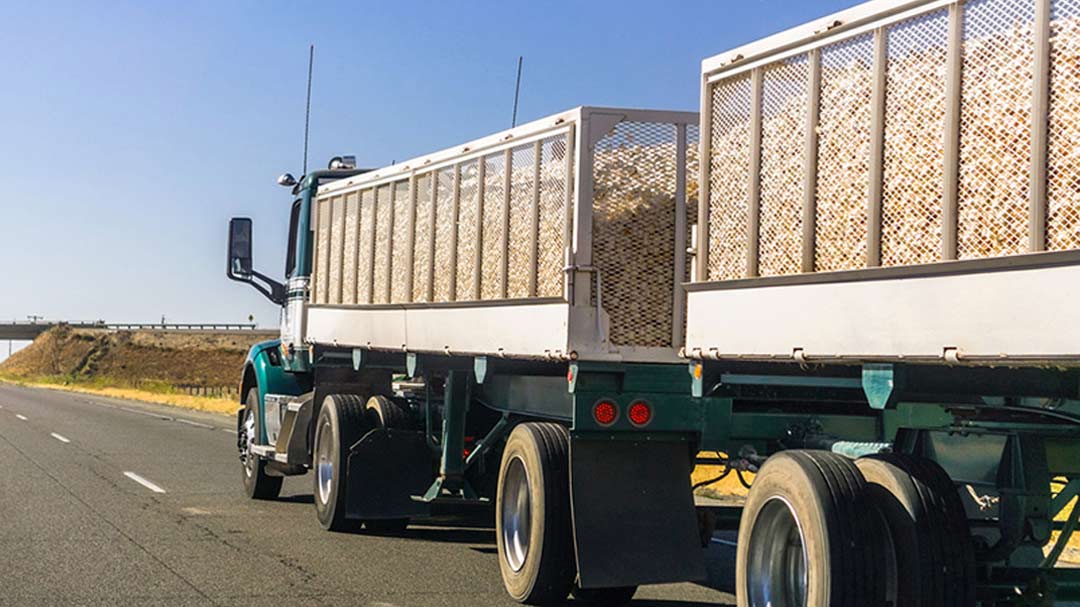
EXPLORING THE IMPORTANCE AND PROCEDURES OF AGRICULTURAL TRANSPORT
Agricultural transport is a crucial component of the supply chain, ensuring that fresh produce and other agricultural goods reach their intended markets efficiently and safely. The significance of agricultural transport cannot be overstated, as it plays a pivotal role in maintaining the quality of goods, supporting the agricultural economy, and meeting the demands of consumers worldwide.
The importance of agricultural transport
It encompasses the movement of various agricultural products, including grains, fruits, vegetables, livestock, and more. The primary goals of efficient agricultural transport are to minimize post-harvest losses, maintain the quality of produce, and ensure timely delivery to markets. This, in turn, supports farmers by providing them with a reliable means to sell their products and enhances food security by ensuring a steady supply of fresh and nutritious food to consumers.

Key components of agricultural transport
Packaging and handling: Proper packaging and handling are essential to protect agricultural products from damage during transit. This includes using appropriate containers, refrigeration for perishable goods, and careful handling practices to maintain product integrity.
Transportation modes: Various transportation modes are utilized in agricultural transport, including road, rail, air, and sea. Each mode has its advantages and is chosen based on factors such as the type of product, distance, and required delivery time.
Cold chain Logistics: For perishable goods, maintaining the cold chain is vital. This involves keeping products at a consistent low temperature throughout the transport process to preserve freshness and prevent spoilage.
Regulatory compliance: Adhering to regulatory requirements is crucial in agricultural transport. This includes meeting food safety standards, obtaining necessary permits, and complying with international trade regulations.
Procedures for efficient agricultural transport
- Planning and coordination: Effective agricultural transport begins with meticulous planning and coordination. This involves scheduling shipments, selecting appropriate transportation modes, and coordinating with suppliers, transporters, and buyers.
- Packaging and labeling: Proper packaging and labeling ensure that products are protected during transit and can be easily identified upon arrival. This includes using durable packaging materials and clearly labeling products with relevant information such as contents, origin, and handling instructions.
- Monitoring and tracking: Utilizing modern technology for monitoring and tracking shipments enhances transparency and accountability. GPS tracking, temperature sensors, and real-time updates help ensure that products are transported under optimal conditions and arrive on time.
- Documentation and compliance: Completing all necessary documentation and ensuring compliance with regulatory requirements is essential. This includes preparing shipping documents, obtaining phytosanitary certificates, and adhering to import/export regulations.
Agricultural transport is a critical link in the supply chain that supports the agricultural industry and ensures that consumers have access to fresh and high-quality produce. By understanding the importance of agricultural transport and following best practices, we can enhance the efficiency and reliability of this vital process.
Hotline: + 84 903 354 157 to know more about our services

If you require assistance with international import and export of goods, please contact our team at Smartlink Logistics. We are available to provide you with professional guidance on our services and the necessary customs procedures.
SMART LINK: BEST SERVICE BEST YOU


































